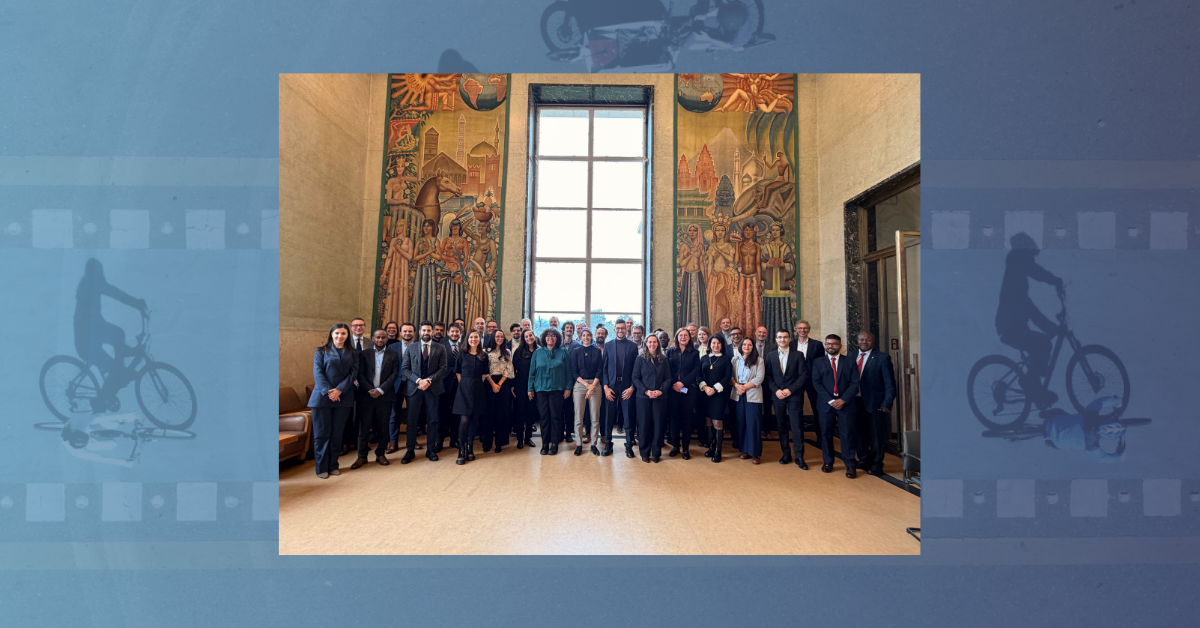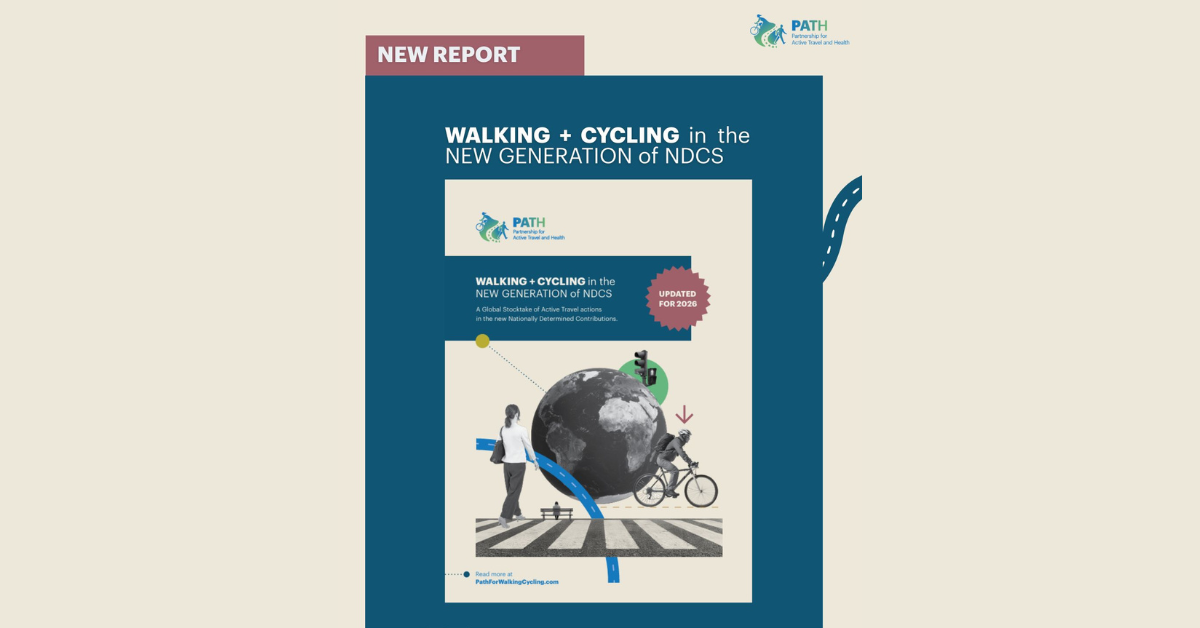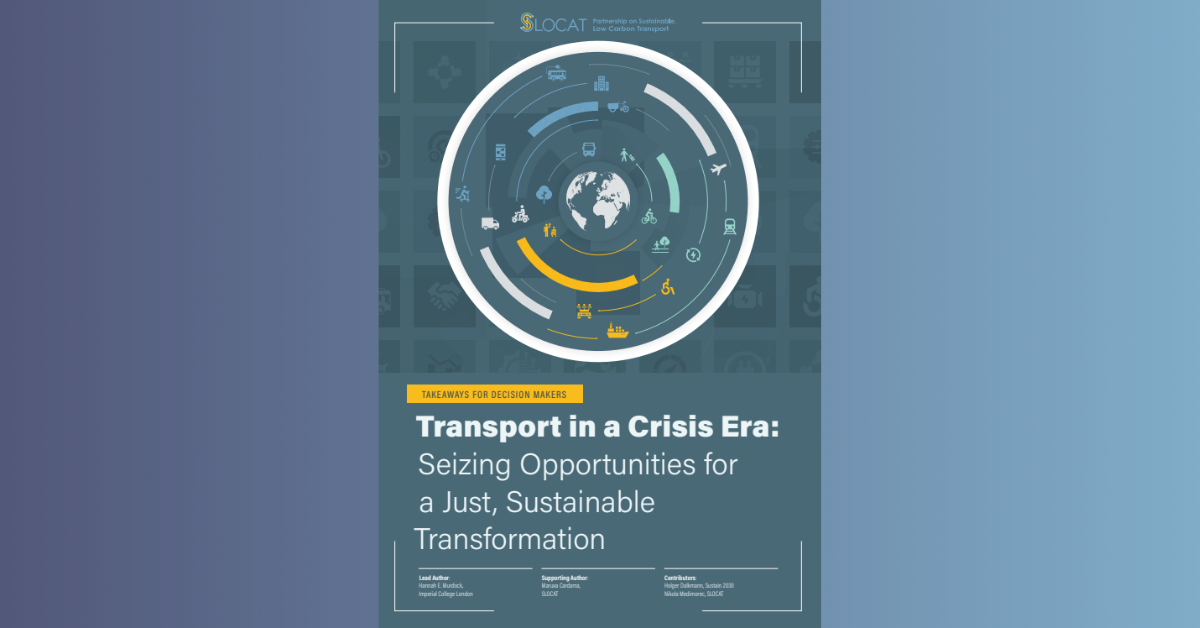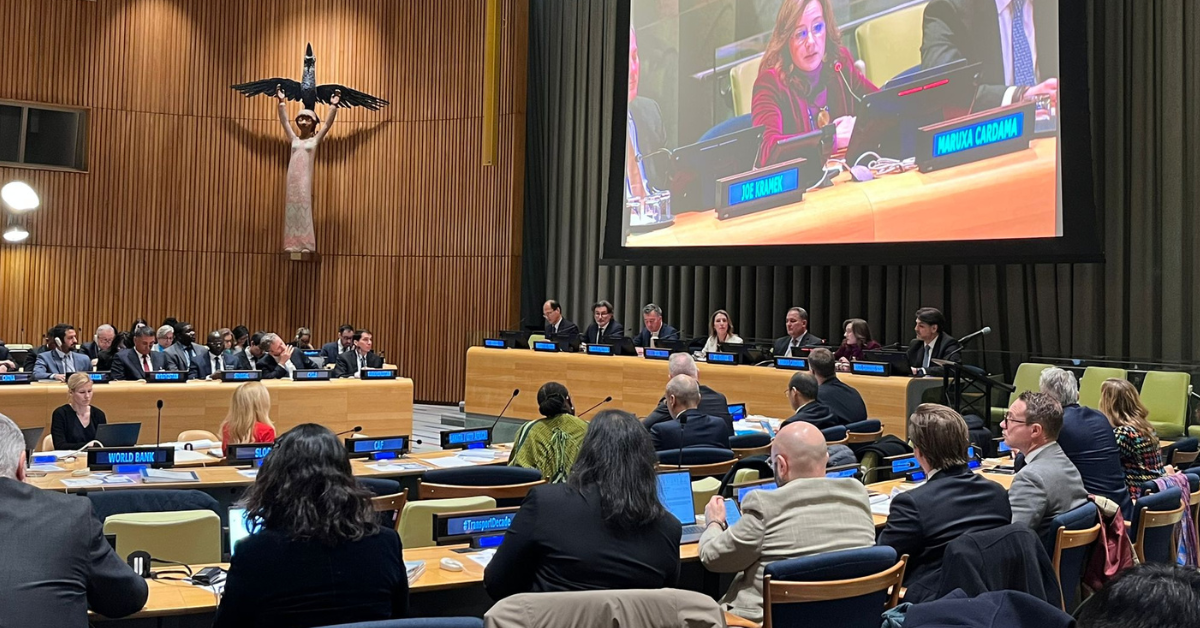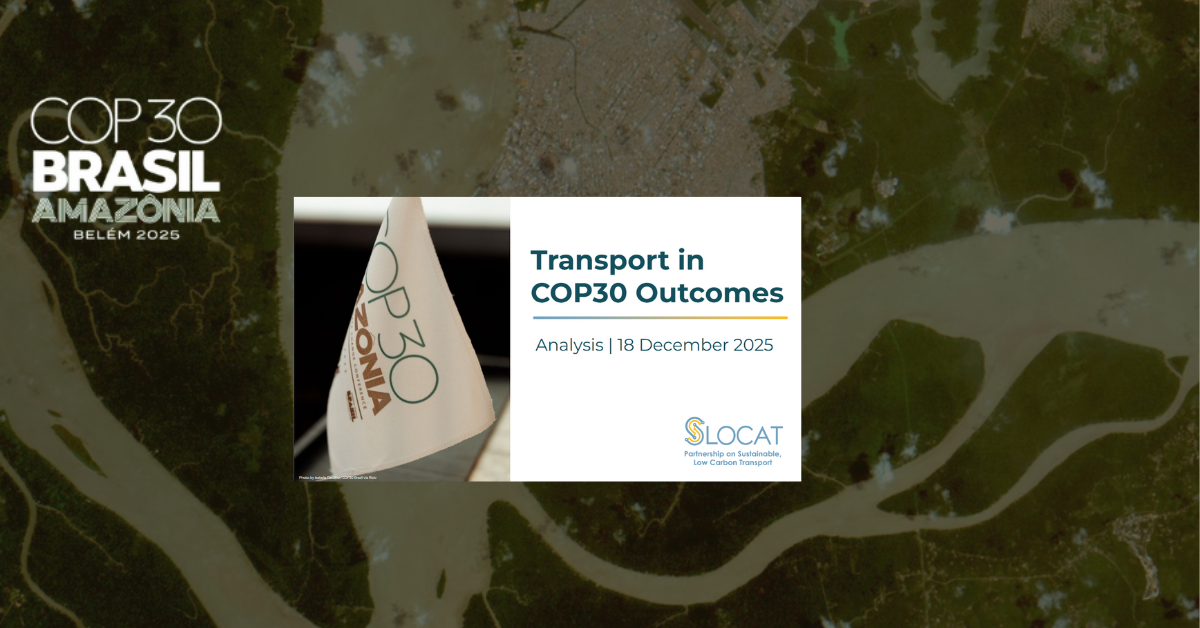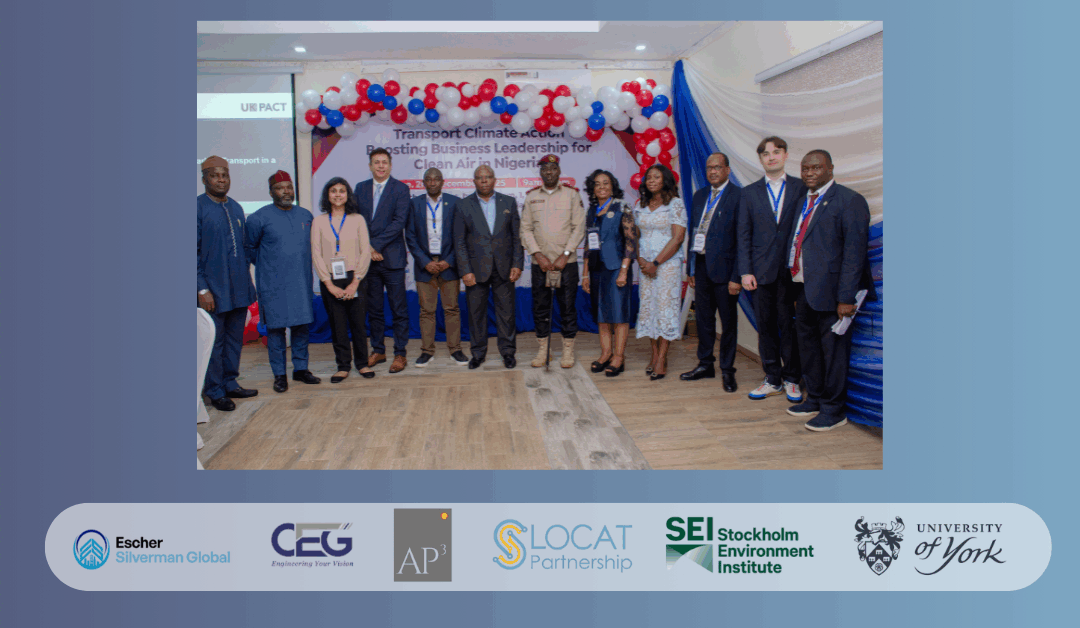The SLoCaT Partnership working with the GIZ TRANSfer project has just launched a new report on how to systematically use Climate Finance for Sustainable Transport.
International Climate Finance (ICF), described simply as Official Development Assistance (ODA) directed to mitigation and adaptation, has not had the expected catalytic effect in transforming the transport sector to demonstrate low carbon impacts, increase climate resilience and support sustainable development yet it has the potential to take on this role.
ICF is much smaller than ODA and the dedicated multilateral climate funds, such as the Global Environment Facility, the Climate Investment Funds, the Nationally Appropriate Mitigation Actions (NAMA) Facility and the newly operational Green ClimateFund (GCF) are not yet able to provide the amount of financeneeded or the financial instruments that could assist such a transformation.
Consequently, the report identifies a four pronged strategic approach for using ICF for ST.
- Support climate-friendly transport policy development
- Build investment pipelines to improve the flow and quality of ST
- Unlock more private investment using ClimateFinance instruments
- Increase relevance of technical assistance and capacity building
Meeting the financing needs for scaling-up ST will rely on funding from national governments and expanding investments from the private sector. Policymakers can, and should, explicitly promote the development of ST measures, policies and programs. ICF should be used moresystematically to address the particular characteristics of the transport sector, the diversity of types of ST and leverage the potential for climate action and significant co-benefits from sustainable transport. More leadership by the Development Finance Institutions, including the MDBs, bi-lateral DFIs and other domestic DFI partners, is needed to accomplish the required shift in approach to the transport sector and the use of both ICF and ODA.
The full version of the report is available here.









